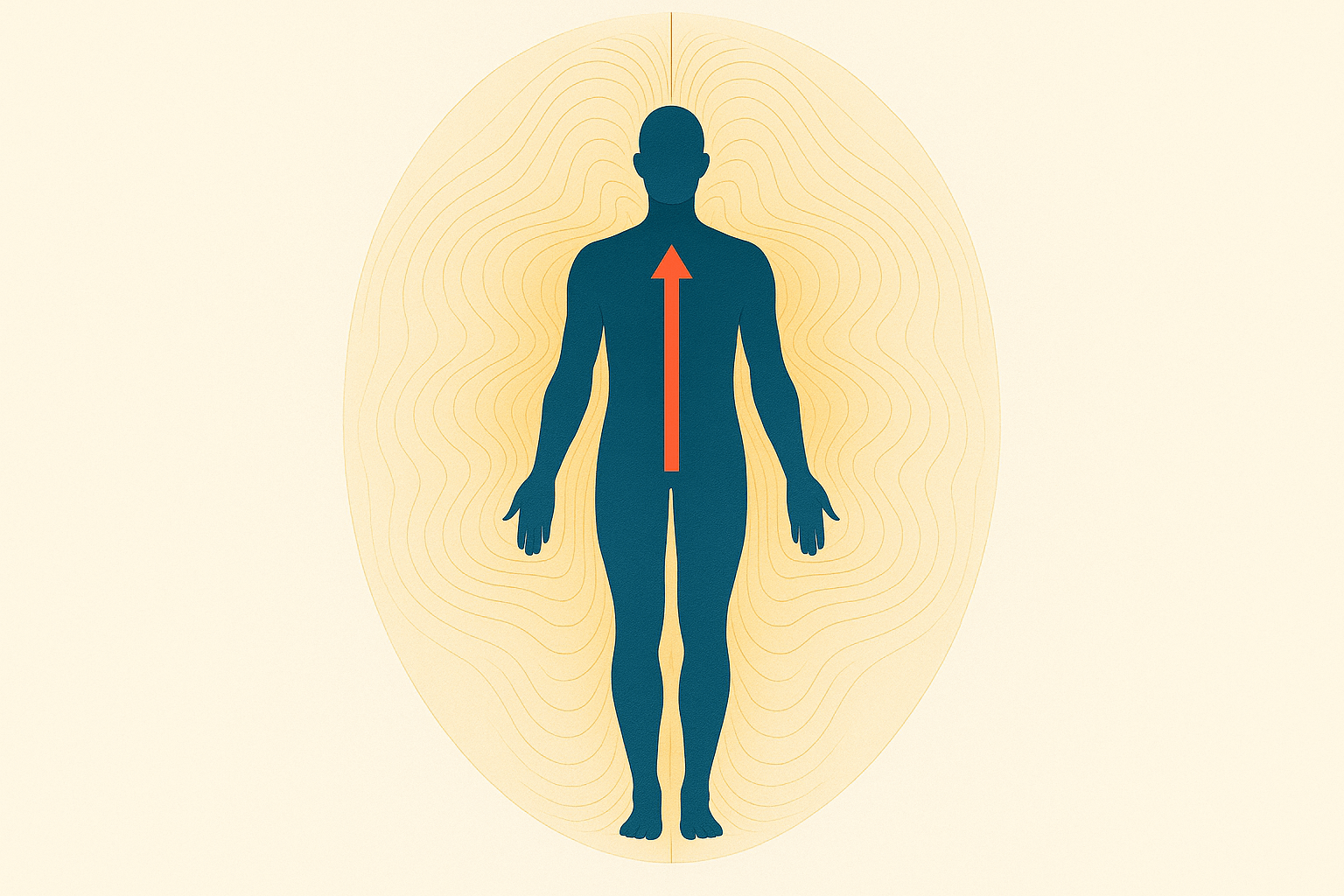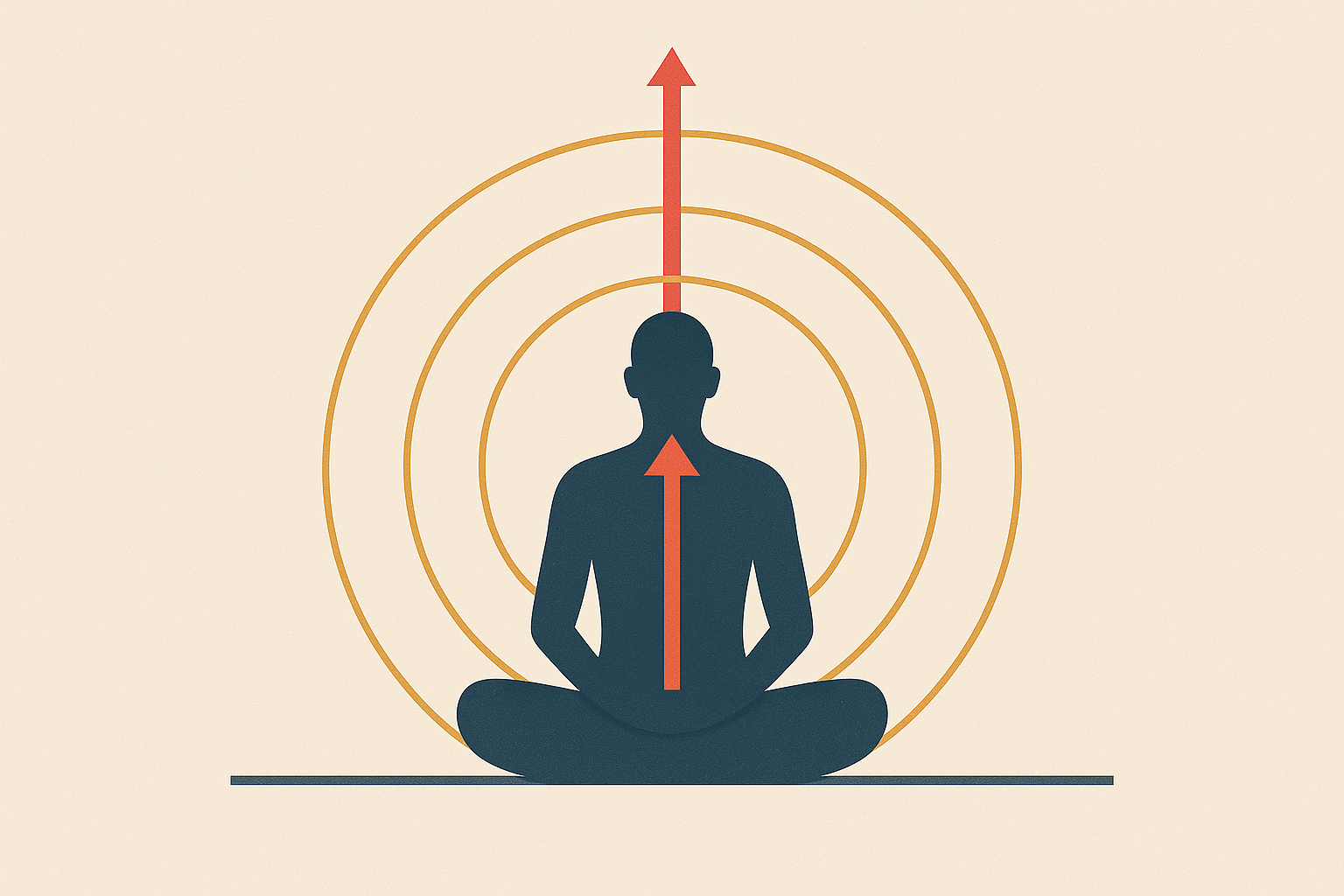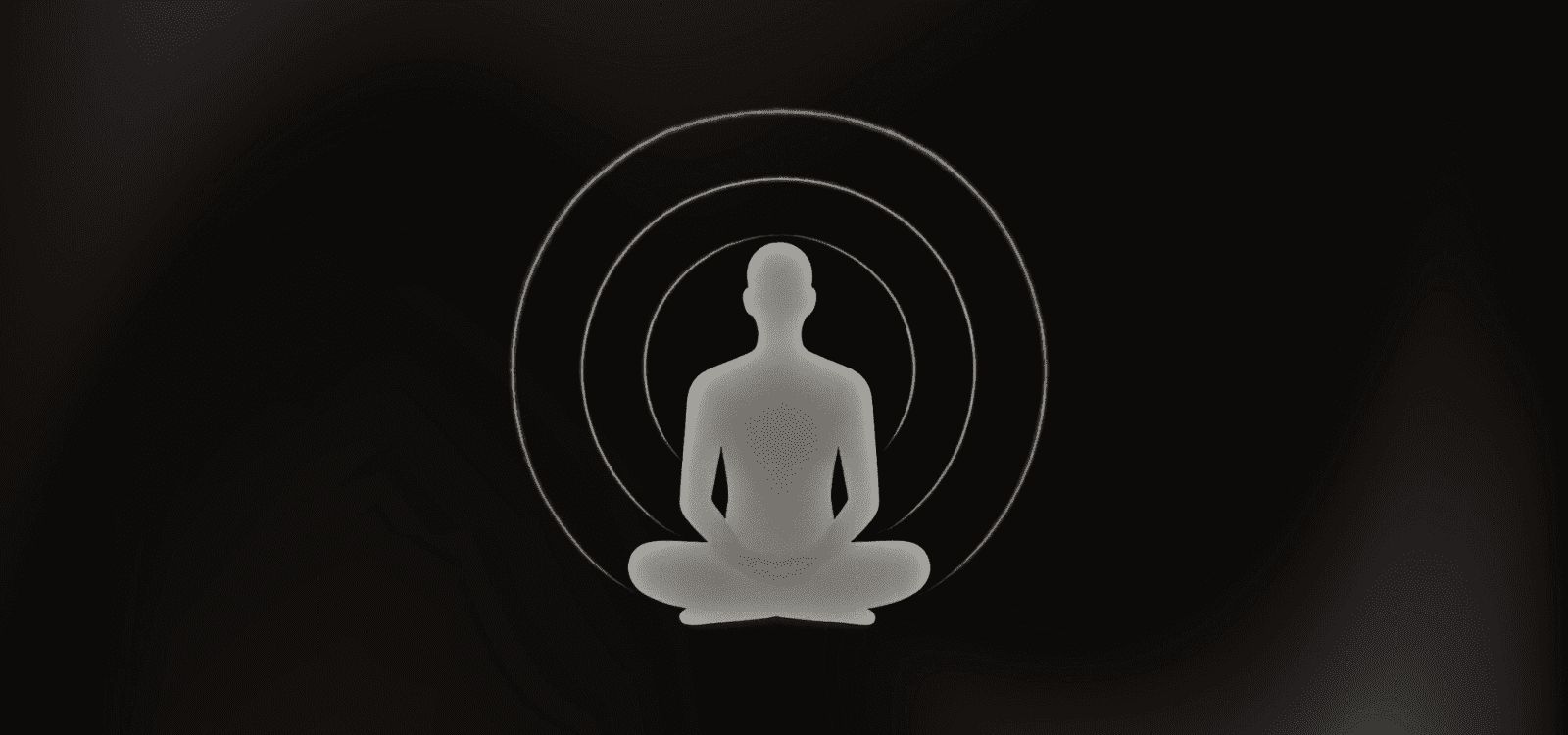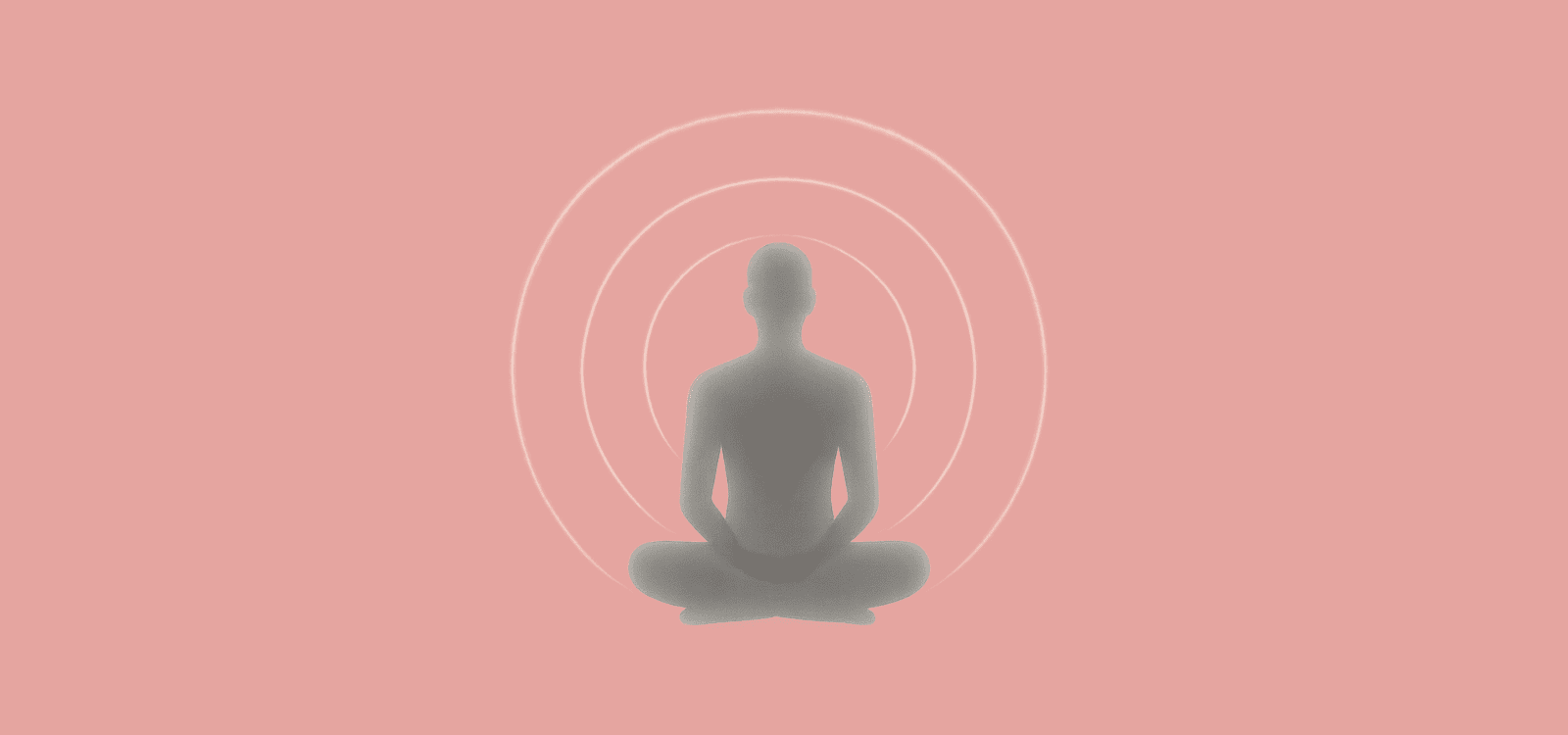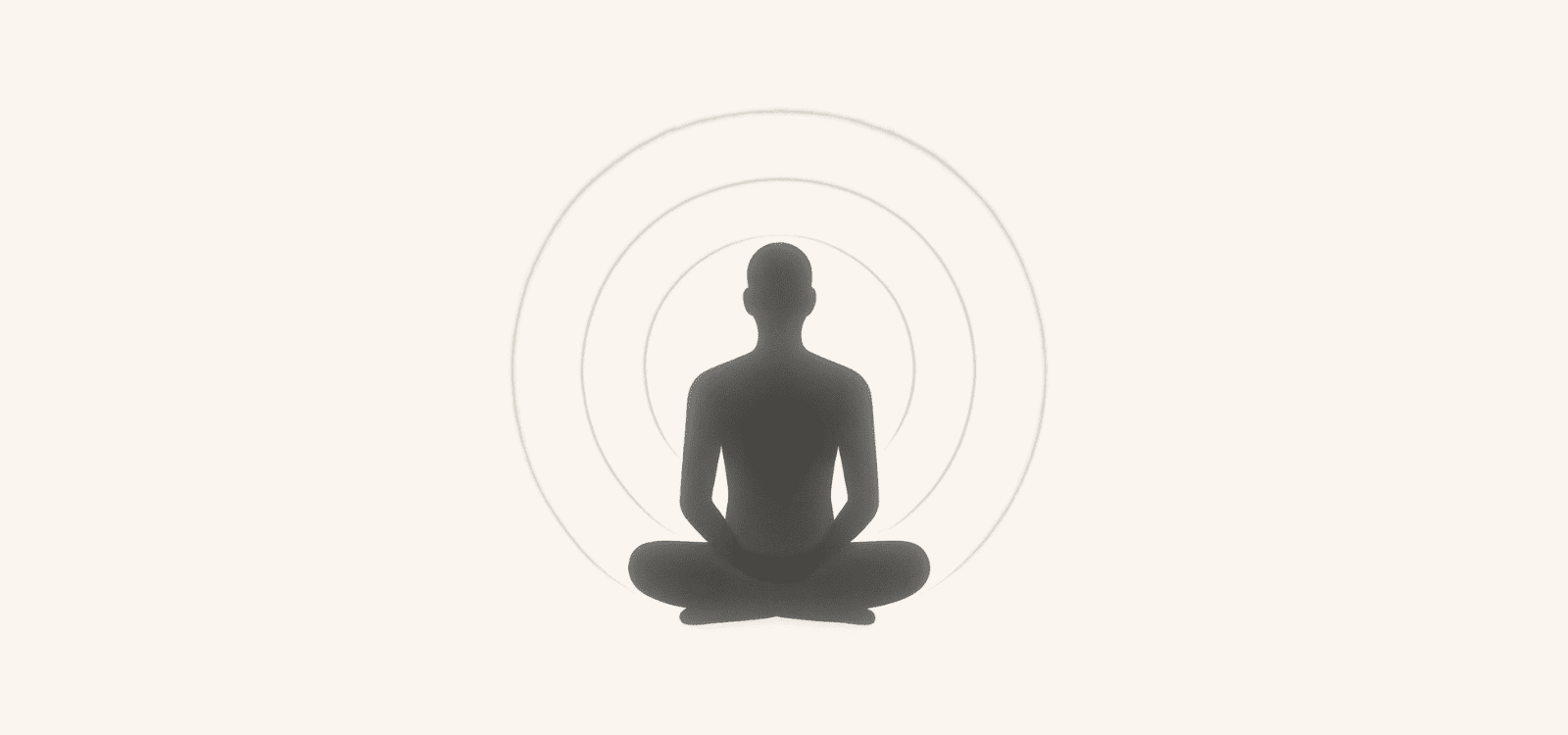The Mirror of Awareness: Discovering the Transformative Power of Vipassana Meditation
In the spacious field of open awareness lies a profound invitation—to witness the dance of life without grasping, to observe the ever-changing flow of experience with crystal clarity. This is Vipassana, the ancient art of insight meditation that transforms not what we see, but how we see, revealing the wisdom that emerges when we learn to rest in the present moment with complete receptivity.
Understanding Vipassana: The Heart of Insight Meditation
Vipassana meditation, often called insight meditation or mindfulness meditation, represents one of Buddhism’s most profound and accessible practices for developing clear-seeing awareness. The Pali word “Vipassana” translates directly as “to see clearly” or “special seeing,” capturing the essence of this transformative contemplative technique that has guided seekers toward wisdom for over 2,500 years.
Unlike concentration meditation practices that focus attention on a single object, Vipassana meditation cultivates what Buddhist teachers call “choiceless awareness”—a spacious, receptive attention that welcomes whatever arises in consciousness without preference or resistance. This open awareness approach allows practitioners to develop profound insights into the nature of mind, emotion, and experience itself.
The genius of insight meditation lies in its radical simplicity and accessibility. Rather than requiring complex visualizations or esoteric techniques, Vipassana asks only that we become fully present to what is already here—the constantly changing stream of thoughts, sensations, emotions, and perceptions that constitute our moment-to-moment experience. Through this direct observation, practitioners naturally develop the mindful awareness that leads to genuine wisdom and freedom.
Practice Insight Meditation Here
The Science Behind Mindfulness and Insight Practice
Contemporary neuroscience research has provided remarkable validation for the benefits that Buddhist meditation masters have taught for millennia. Studies using advanced brain imaging technology demonstrate that regular Vipassana meditation practice creates measurable changes in brain structure and function that support enhanced well-being and cognitive performance.
Research published in leading scientific journals shows that mindfulness meditation practitioners develop increased gray matter density in brain regions associated with learning, memory, and emotional regulation. The hippocampus, crucial for memory formation, shows enhanced volume, while the amygdala—the brain’s alarm system—becomes less reactive to stress and emotional triggers. These neuroplasticity changes translate into real-world benefits including reduced anxiety, improved emotional stability, and enhanced cognitive flexibility.
Perhaps most significantly, insight meditation practice strengthens the prefrontal cortex, the brain region responsible for executive function and self-awareness. This enhancement supports what researchers call “metacognitive awareness”—the ability to observe your own mental processes with clarity and objectivity. This capacity for self-observation represents the neurological foundation for the profound insights that characterize mature Vipassana practice.
Essential Elements of Vipassana Practice
The traditional approach to insight meditation emphasizes several key principles that work together to cultivate clear-seeing awareness and profound understanding. Mastering these elements provides practitioners with a solid foundation for developing their own transformative meditation practice.
Cultivating Open Awareness
The cornerstone of Vipassana meditation involves learning to rest in open, receptive awareness rather than focusing attention on any particular object. Instead of directing your attention toward your breath or another specific anchor point, allow your awareness to remain spacious and welcoming, like a clear sky that can accommodate any weather.
In this state of open awareness, you become a conscious witness to whatever arises in your field of experience. Thoughts may appear and dissolve, emotions may surge and subside, physical sensations may emerge and transform. Your role is simply to notice these phenomena with clear, non-judgmental attention, observing the constant flow of experience without trying to control, change, or fix anything.
The Art of Mindful Observation
As you settle into open awareness, you’ll begin to notice the incredible richness and complexity of your inner landscape. Thoughts arise spontaneously, emotions color your experience, and physical sensations continuously shift and change. The practice of Vipassana involves observing these mental and physical phenomena with the same careful attention you might give to watching clouds move across the sky.
When a thought appears in your awareness, simply note its presence without getting caught in its content or story line. You might mentally label it as “thinking” and then return to open awareness. When an emotion arises, observe its qualities—perhaps noticing whether it feels heavy or light, expansive or contractive, pleasant or unpleasant—without judging the emotion as good or bad. Physical sensations receive the same gentle attention, observed with curiosity rather than resistance.
Developing Continuity of Mindfulness
One of the most valuable skills in Vipassana practice involves learning to maintain steady awareness even when the mind becomes distracted or agitated. Unlike concentration meditation, where losing focus represents a departure from the practice, in insight meditation even distraction becomes an object of mindful awareness.
When you notice that your attention has become absorbed in a particular thought or emotion, simply recognize what has happened with kindness and return to open awareness. This process of noticing distraction and returning to spacious attention strengthens what Buddhist teachers call “continuity of mindfulness”—the ability to maintain clear awareness regardless of what arises in experience.
Integrating Mindful Awareness into Everyday Life
The ultimate purpose of Vipassana meditation extends far beyond formal sitting practice. The open awareness and clear-seeing wisdom developed during meditation can transform your experience of ordinary activities, relationships, and challenges. Begin by bringing the same quality of receptive attention you cultivate in meditation to simple daily activities. While eating, notice the colors, textures, and flavors of your food with the same mindful awareness you apply to observing thoughts and emotions. During conversations, practice listening with complete presence, noticing not only what others are saying but also your own internal reactions and responses. Over time, the boundary between formal meditation and everyday experience begins to dissolve, leading to a naturally mindful way of being that brings wisdom, compassion, and peace to every aspect of life.
The Profound Benefits of Insight Practice
Regular Vipassana meditation practice creates profound positive changes that extend into every dimension of human experience. Research demonstrates significant improvements in emotional regulation, with practitioners developing greater resilience to stress and enhanced capacity for joy and contentment. The self-awareness cultivated through insight meditation naturally leads to improved relationships, as practitioners develop greater empathy, patience, and skill in communication.
Many practitioners report that Vipassana meditation fundamentally changes their relationship with difficult experiences. Instead of being overwhelmed by challenging emotions or circumstances, they develop the capacity to meet difficulties with equanimity and wisdom. This transformation doesn’t eliminate life’s challenges but provides the inner resources necessary to navigate them with grace and understanding.
The physical health benefits of mindfulness practice are equally impressive, with studies showing improvements in immune system functioning, reduced inflammation, lower blood pressure, and decreased symptoms of chronic pain conditions. These benefits reflect the intimate connection between mental and physical well-being that Vipassana practice helps practitioners experience directly.
Ready to Explore More?
Enjoy other free guided practices like this or listen to a talk on holistic wellness.
Field Dynamics has a training which will take your meditation practice to the next level. Learn about our EHT program and how energy healing can benefit your inner work and seeking aspirations.
FAQ
Common questions about Vipassana
While some Buddhist traditions recommend developing concentration first, many teachers successfully introduce students directly to insight meditation. Vipassana naturally includes elements of concentration as you learn to maintain steady awareness. The key is finding an approach that feels sustainable and engaging for your particular temperament and circumstances.
Vipassana represents the traditional Buddhist form of mindfulness meditation, emphasizing open awareness and insight into the nature of reality. While secular mindfulness programs often focus primarily on stress reduction and health benefits, Vipassana includes these benefits within a larger framework aimed at developing wisdom and spiritual understanding.
Strong emotions during Vipassana practice are completely normal and often indicate that the meditation is working effectively. Instead of trying to suppress or fix difficult emotions, treat them as valuable objects of mindful observation. Notice where you feel the emotion in your body, observe its qualities without judgment, and remember that all emotions are temporary phenomena that will pass. Field Dynamics energy healing integrates this approach to practice.
Most practitioners notice initial benefits within 2-3 weeks of regular practice, including reduced stress and improved emotional regulation. Significant insights and deeper transformations typically develop over months and years of consistent practice. Vipassana is a lifelong journey of discovery rather than a quick fix, and each practitioner’s timeline for development is unique.
